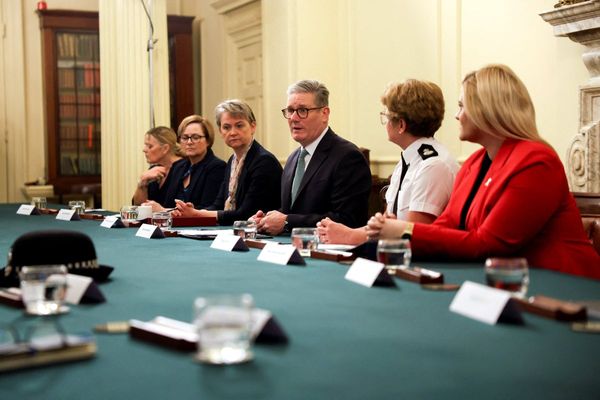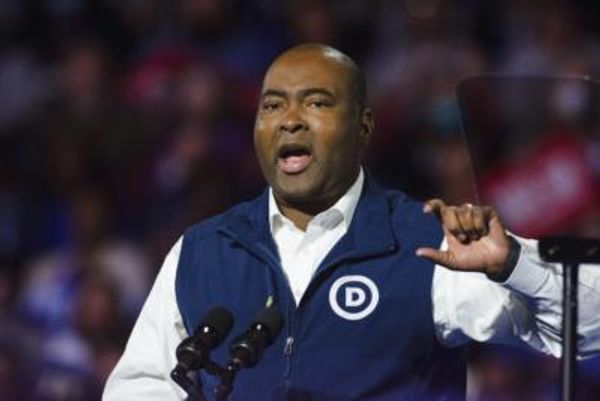
Candidates campaigning on climate change played a crucial role in toppling the Morrison government, and now advocacy groups are pushing incoming prime minister Anthony Albanese to act decisively.
Several ‘teal’ candidates backed by billionaire Simon Holmes a Court’s Climate 200 fund, along with the Greens, reaped sizeable election gains by concentrating on clean energy and tackling climate change.
Greenpeace Australia Pacific CEO David Ritter said voters sent a clear message that ignoring climate in the wake of annual natural disasters had cost Scott Morrison’s government.
Now Mr Albanese’s government is under pressure to fulfil its promises, he said, with climate policies front and centre for millions of Australians.
“Australian voters have made the call for urgent climate action, and now it’s time for the new parliament to roll up its sleeves and get on with the job,” he said.
In April, an Ipsos survey found 83 per cent of Australians were worried about the effects of global warming.
The urgency of climate change was underscored regionally with Fijian Prime Minister Frank Bainimarama reminding Mr Albanese of his environmental commitments.
“Of your many promises to support the Pacific, none is more welcome than your plan to put the climate first – our people’s shared future depends on it,” he wrote in a tweet on Sunday.
Labor has pledged to reduce Australia’s emissions by 43 per cent by 2030 with the ultimate goal of zero emissions by 2050.
It also wants to preserve and restore the Great Barrier Reef by 2030, by investing $1.2 billion.
World Wide Fund for Nature Australia’s Rachel Lowry real action to drive down emissions was needed this decade to give the Reef a future.
The new government should also prioritise saving koalas from heading down the path of extinction, she said. The outgoing federal government listed the beloved species as endangered in February.
Farmers for Climate Action CEO Fiona Davis said the message of environmental protection had resonated with country voters affected by bushfires, droughts and floods in recent years.
“We need deep emissions reductions this decade to protect Australian farmers from extreme weather events caused by climate change, and ensure we are able to continue to produce food for Australia and the world,” she said.
The oil and gas sector urged caution in moving towards an economy based on renewables.
The Australian Petroleum Production and Exploration Association said the new administration should “recognise the critical role of gas in the future decarbonised energy mix”.







